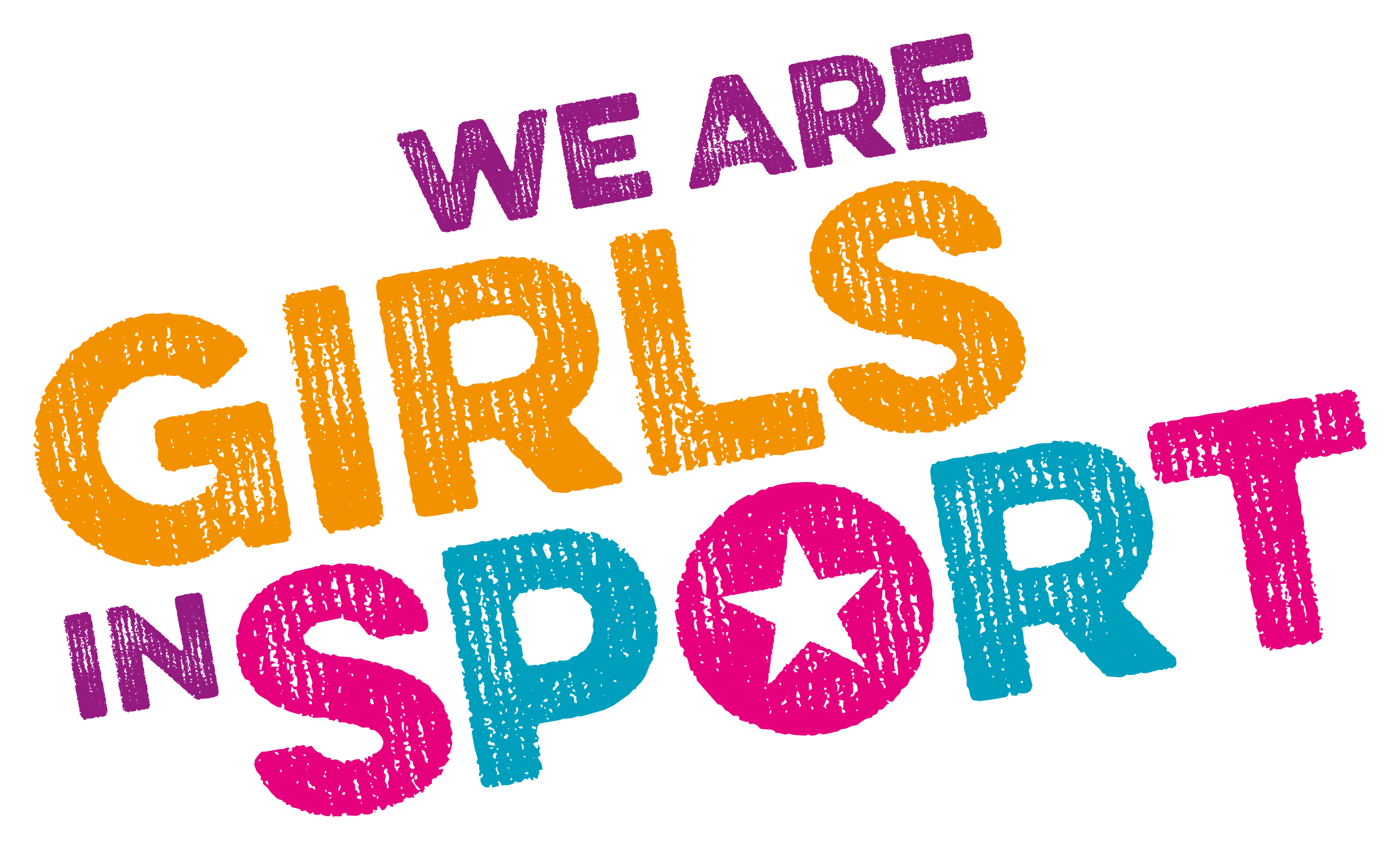Guest blog from The Sports Ethics Examiner: what's happening in women's soccer?
You might have seen in the news or on social media that women’s football is going through a rough patch … and that’s an understatement. With the women’s World Cup looming this summer, the game is in crisis. We asked our friends at The Sports Ethics Examiners to delve a little deeper to explain what’s really going on. They focus on the Canadian Women’s Team (Olympic gold medal winning team!) but there are many other cases.
Here is a shorter version of their blog that we have created from the brilliant original but if you want a shorter version go here.
Just imagine it: you make history for your country winning a gold medal at the Olympics, one of the greatest players in the world is the captain of your team. When you go back home you see the popularity of your sport growing: more people are interested in it, television ratings are going up, it’s all over TikTok and you know more money is being invested which means even more teens will have the chance to play. Naturally, you are excited because you know that soon you will be playing the most important championship.. You see your male friends going to a similar tournament with the support of great staff (coaches, medical doctors, physiotherapists and a great entourage), access to great facilities and they are even flying first class! But then, less than six months before your event, when you are getting excited for training camp to start the big preparations, your national federation announces that you will not get the same treatment. They tell you that because of a lack of funding you will not get the same amount of training camps that you were expected to have, and you will lose some coaches and staff. You even heard some players will be cut. These are also your friends… The future of the youth programs are also in danger because of the low funds. You know there are a lot of kids in your community who love these programmes, and it is their only chance to play. You think they also should have the opportunity to play.
That is what is happening with the Canada Women’s National Team in football. They won Gold at the 2021 Olympic Games in Tokyo and were hopeful about this year’s Women’s World Cup that will take place in Australia and New Zealand. However, less than six months before the tournament they were informed that Canada Soccer, their national federation, had cut the budget that was dedicated to their preparation and they were going to have a very different experience than the Men’s National Team did while they were training for the 2022 FIFA World Cup in Qatar.
Jessie Fleming of the women’s Canadian soccer team wearing the ‘Enough is Enough’ t-shirts that all the team wore at the She Believes Cup in Florida. Photo credit @sportsnet
If you thought that sounded unfair and unjust while you were reading it, you are not wrong. That is because the value of equity is more noticeable when we are faced with a situation of inequality like that one. The notion of equality is at the core of what we generally understand as justice: everyone deserves to be treated with the same respect and dignity. However, it is important to notice that treating everyone as equals does not always mean treating everyone equally. This means that in some instances we should acknowledge the existence of inequalities that justify treating persons differently if that will guarantee that this can improve the situation of those with disadvantages.
That is one important concept to have in mind when we think about women’s football and, especially, this year’s Women’s World Cup. The first men’s World Cup happened almost 100 years ago, but the first official Women’s World Cup happened only in 1991. “Official” because that was when FIFA decided to organise the women’s tournament. Before that, even though it wasn’t “official” women were still playing and competing and there were two editions of an unofficial world championship of women’s football. The final for the second edition, which happened in Mexico, gathered 110,000 people at the Estadio Azteca in Mexico in 1970.
Another fifteen years later in 1986, FIFA first acknowledged the existence of women’s football. It was at that years’ FIFA Congress in Mexico City that, for the first time, a woman was an invited speaker at a FIFA event. She was Ellen Willie, a Norwegian delegate who demanded for the governing body of football to stop ignoring the women’s game. That included organising their own World Cup and the Olympic Football Tournament.
However, FIFA has never treated the Women’s World Cup with equality. The first edition had no broadcast nor sponsors, no prize money and the games lasted only 80 minutes. It wasn’t until 2007 that FIFA introduced a payment for the winners. This year, the prize money for the Women’s World Cup will be $60 million, which is a big number, but is it not even 15% of the prize money offered for the Men’s 2022 World Cup in Qatar. The Men’s winning team received $440 million.
The US and Candian women’s teams linked arms in solidarity at the She Believes Cup. Image credit @sportsnet
When FIFA as the international federation, (which is the organization that oversees the sport) sets the example of inequalities, it is hard for national federations not to follow suit. It is true that the discussion around equal pay, promoted especially by the United States Women’s National Team after winning the 2019 FIFA Women’s World Cup, has resulted in many national federations agreeing to provide similar conditions for both the female and male teams representing their nations. But, as we have seen in Canada (one of the nations that celebrated an agreement of equal compensations, by the way), that is not always put in practice.
Unfortunately, unlike the Men's Team, more often than not, Women’s football is not treated in an equally professional way: women players are not paid enough to make football their full time jobs, they face less than ideal playing and training conditions that can lead to injuries. Health is a factor that is often overlooked as many players do not have access to health insurance, doctors, and physiotherapists and there is little understanding of how menstrual cycles can affect athletic performance.
Right now there are not any rules or standards that define what should be the minimum acceptable working conditions for women’s football and, with that, the development of the game happens in an uneven manner: some countries are investing more and making long term plans to improve conditions, access, inclusion and development, where others are still stuck discussing what a professional athlete deserves.
In most cases, women athletes are asking for pretty normal things. For example, they are asking for enough pay so they do not have to work extra side jobs. Athletes need proper rest - but at the professional levels, many women players make so little money that on top of practises, games, and tournaments, they have to work full time or part time jobs. On top of that, some are juggling university, and some are also moms. In football, most men on the national team are paid a wage where they get to just focus on their sport. They do not need side jobs, and in their downtime, they get extra rest which means they can train hard and will be more recovered for games. The women would like the same treatment so they too can focus 100% on their sport and reach their true potential.
The situation with the Canadian Women is not isolated. At the Spanish Women’s National Team, fifteen players came forward asking for changes to their national team. According to them, among the issues is that they are not getting adequate training to deal with a pretty crazy schedule with games that are way too close together and this has led to injuries. The Spanish Women said they would only return to play with the National Team once changes were made. They are still out of international duties because the Spanish Federation brushed off their claims.
While National Federations ignore the female game, generations of great talent go to waste. In Canada, Christine Sinclair is one of the most iconic football players to have ever played the game at national team level having scored the most goals for her national team than any other player from any other nation (male OR female). In Spain, four of those 15 players were nominated as the best players of 2022 by the FIFA FIFPRO Women’s World 11. For Canada and Spain, all of these women face a real chance of not getting to play at the Women’s World Cup later this year because their national federations failed to provide them decent working conditions.
Just like the 2019 Women’s World Cup was a turning point for the women’s game with record audience and revenues, this year’s Women’s World Cup holds similar importance. The past year, the female game has broken and set massive records. For example, 91,648 people went to the Camp Nou stadium when FC Barcelona faced Wolfsburg for the Women’s Champions League. The success inside and outside the pitch of the Women’s Euros, won by the Lionesses made headlines across the world.
The FIFA women’s World Cup is July 2023.
It is expected that the momentum of the game will keep on going and growing with the World Cup and it is worrying to see that many passionate and talented athletes might be forced on the sidelines for the biggest event of their careers because some people feel the need to keep discussing if what these women are asking for is acceptable. It is thanks to the brave players using their voices to highlight their stories, experiences and inequalities, plus the power of social media, and solidarity from all genders, fans, brands and supporters, that some countries have agreed to equal pay and better conditions. However, we keep seeing news of many women footballers all over the world who are still unsure of their future in football. At the Women’s World Cup they are all going to be at the spotlight: but who will make the headlines? The female superstars or the executives that failed them? The whole world will be watching.
By Aline Lopes Da Silva Candeo 🇧🇷
The Sports Ethics Examiner/@thesportsethicsexaminer
EMJMD, MA Sports Ethics & Integrity



